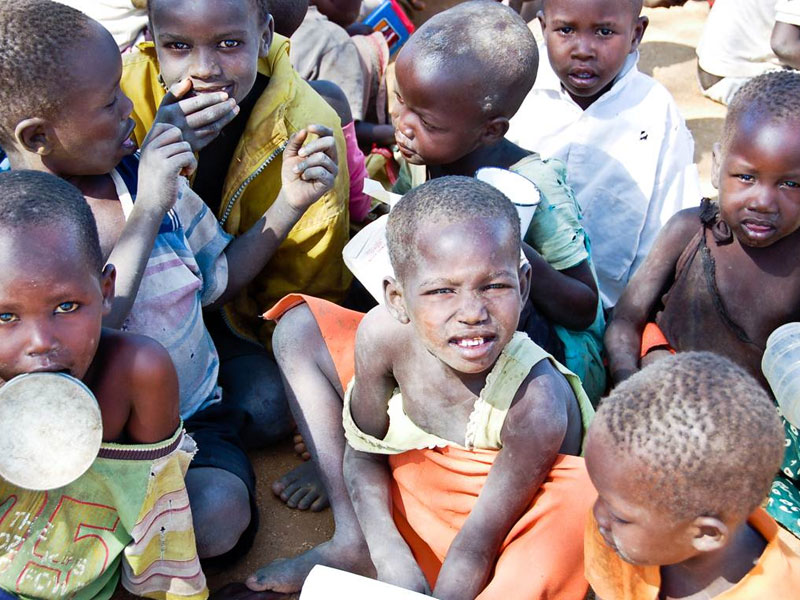Health
Malnutrition: NGO, TY Danjuma foundation treats 181 children

Miradex, a community based NGO, says it has treated 181 cases of acute malnutrition among children in Taraba.
Mr Nwukabu Admadu, the Chief Executive Officer of Miradex and the Project Coordinator, told newsmen in Bali on Friday that the intervention was executed in collaboration with the TY Danjuma Foundation.
He said the beneficiaries were located in Kaigama, Maihula and Bali A wards of Bali Local Government Area of the state.
According to him, 137 cases of Severe Acute Malnutrition (SAM) have already been successfully treated, 35 new cases admitted and 11 defaulters examined.
He added that six cases were referred to the Primary Care Centres with four deaths recorded after referral.
He explained that the children were treated at the Out-Patient Therapeutic (OPT) centres setup at Bali A, Maihula and Kaigama communities by the organisation.
Admadu noted that Miradex was largely aimed at strengthening the healthcare system in the provision of nutrition services, Community Management of Malnutrition (CMM) and Infant and Young Child Feeding (IYCF).
He said Miradex had conducted trainings for health workers, community resource persons and care givers to enhance its operations.
“Miradex trained 19 Primary Health Workers, 75 Community Resource Persons (CORPs) and 110 Care givers on knowledge of CMM and IYCF strategies and adoption of standard practice to manage malnutrition.
“Key attention was also drawn to identification of malnutrition, exclusive breast feeding practice, complementary feeding, hygiene and sanitation, hand washing practice.
“A live food demonstration on how to prepare a nutritious reach meal containing vitamins, protein, carbohydrate, fat and water, using locally available foods was performed and local technology on how to prepare it was demonstrated for care givers,” he said.
He said Miradex conducted lots of advocacy visits to stakeholders, such as state ministry’s of health, local government council offices and community heads, among others, to ensure collective efforts at reducing kwashiorkor and SAM among children.




 Davido's Net Worth & Lifestyle
Davido's Net Worth & Lifestyle 
